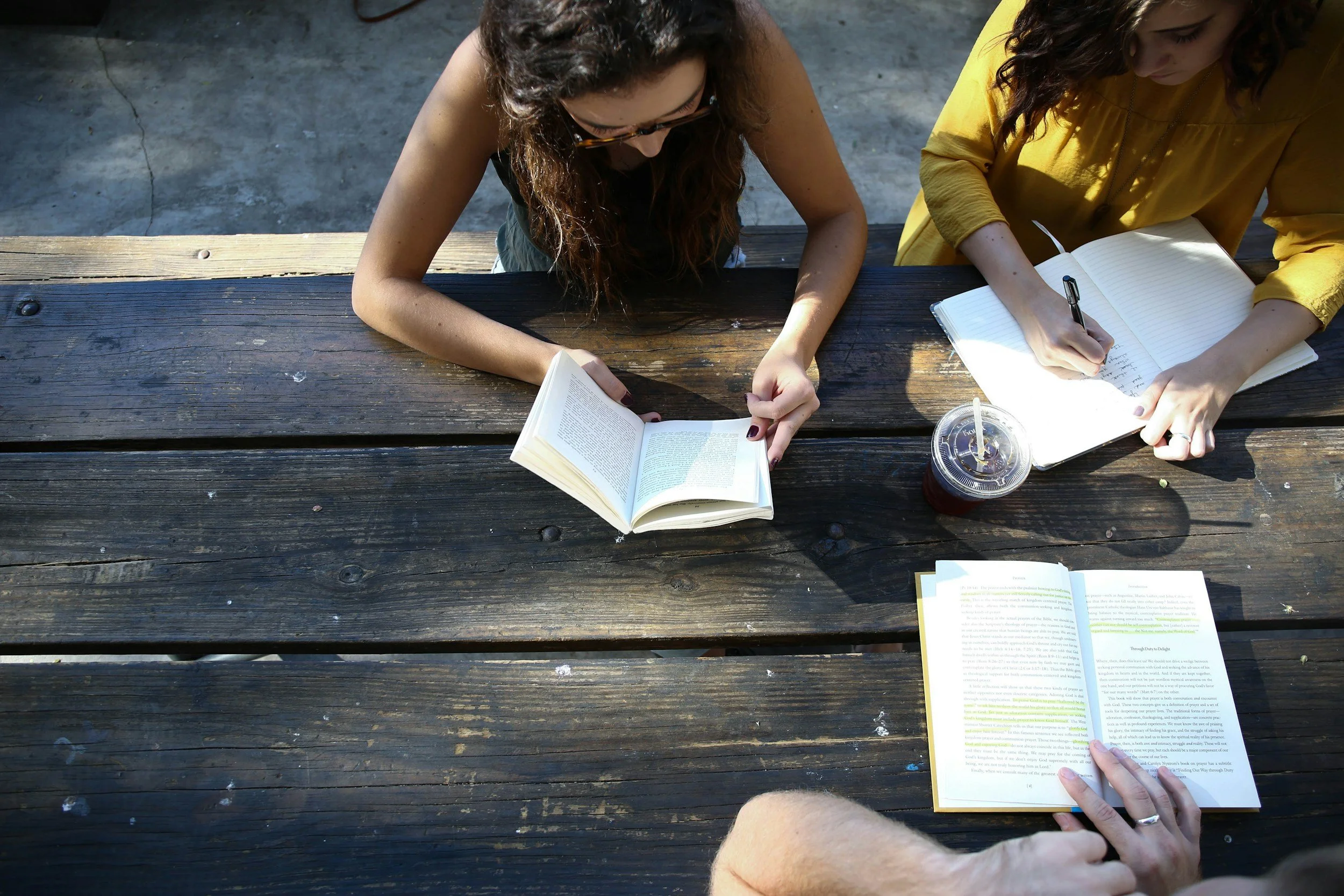Jan 4th, 2025: Day 4
Some days, you have no energy. None at all. Today is one of those days. A one-week-old. A four-year-old. How on earth did people manage dozens of children in the past? I am beyond tired—and the children are sleeping okay.
These are the most important days to make art, though. These are the days when you need it the most.
My good friend is holding me accountable as I post my first few pieces.
A few days in, I now better understand why I’m doing this and have gained a client’s-eye view of how to continually refine the support I provide for creative recovery. I can see how to finesse my approach and add more value. Initially, I worried it would undermine my credibility—revealing how much of a creative beginner I am—but now I see it gives me a genuine connection to the creative recovery journey my clients undertake.
Here’s what I’ve learned so far, and I think these insights might be universal:
1. Massive Self-Doubt Is Par for the Course
Resistance—well explained by Steven Pressfield—is a relentless, transpersonal force. The moment you stick your head above the trench, it attacks. Bullets whizz past, and if you’re not careful, one will hit. You’ll fall back into the trench and need to restart your creative journey.
Here are just a few thoughts I’ve had recently:
"You’re a feckless idiot."
"Your children deserve better than you."
"This is self-indulgent."
"No one cares about this vanity project."
These aren’t thoughts from weeks ago—they’re from days ago. Resistance arrives instantly. Feeling it as a tangible force—what some call the yetzer hara—is humbling.
2. Accountability Is Huge
In the beginning, having someone witness your artistic output—without necessarily passing judgement—is invaluable. My friend is doing that for me, and I’m grateful.
This reminds me how essential strong, supportive coaching is during the early phases of creative recovery. It’s re-affirmed my belief that a creative recovery coach isn’t just a fluffy title. Right now, I could use my own services.
3. The Quality of the Art Isn’t as Important as Its Existence
Shipping it matters more than perfection. Even if it’s terrible, it leads to the next idea, the next attempt, the next stanza or painting. Just keep going.
4. Sincerity Is in Short Supply Online
Writing sincerely feels good, but I don’t know how to reintroduce this sincerity into the quick-witted, algorithm-driven landscape of the internet.
5. Credibility Matters More Than Credentials
Initially, I feared this project would harm my credibility. Instead, I’ve realised showing up, creating, and sharing matters most.
Credibility combined with credentials creates a powerful synergy. My experience as a psychotherapist has proven helpful, giving me tools to move past resistance. Imposter syndrome may never disappear, but confidence grows with evidence. Each piece I ship adds to the equation, and the maths will work for you, too.
Today’s Offering
This is a poem I wrote for my wife, Hannah, on our first wedding anniversary—the paper one.
It’s been a while since I read it, but revisiting it now, I find I believe in it even more.
The final line;
“how lucky he is - that the woman he loves is also his wife”,
pays homage to Ian McEwan’s Saturday, which opens with a beautifully grounded scene of Henry Perowne waking up beside his wife. There’s a stillness, an unshakable certainty in his love—a love woven into the mess of daily life.
McEwan’s portrayal resonated deeply with me. His ability to pause and prioritise being present amidst chaos taught me a valuable lesson: it’s okay to embrace our need for connection and grounding every single day and at the top of the day.
Overwriting as Part of the Process
Explaining a poem risks diminishing its power. Writing this, I’ve realized how prone I am to overwriting. But I also practice what I advocate to my clients: you must create all the "bad" art within you to uncover the good. And here’s the thing—what you may not rate as your best work could hold deep significance for someone else. Once your art exists in the public domain, its validity is no longer yours to determine—and that’s a beautiful thing.
You need to write the overwrought story, botch the punchline at open mic, paint the clichéd acrylic, mimic a startup guru—all to clear the decks.
I call this the Brent-to-Bowie Ratio: most of your work will be like David Brent—average and forgettable. But each piece shifts the ratio towards Bowie.
Creativity—and entrepreneurship—demands persistence. It’s deposit after deposit, with rare withdrawals. Yet, over time, this pattern tilts in your favour.
Generations ago, a hypothetical ancestor who sacrificed to buy a piano might not have mastered Greensleeves, but their grandchildren might. Creativity is cumulative. Keep going.
/Palindrome
A palindrome,
From dust and bone, to rock to stone
- of many colours.
An awesome pressure,
yielding to grace.
She reminds him
with dimpled face
again and again
that, "it is not a race!"
This love,
nebulous, inevitable
is not enough.
An axis of sorts (that he will tilt to)
a fragile, fibrillating heart,
No better start.
She purveys her love,
from everywhere.
An incantation.
It is called down from rafters untouched.
And when the edge of the mattress is the abyss,
she abseils down,
with a kiss,
placed - on the nape of his neck.
Then toes and hands will find each other,
like milk in tea.
How does she know?
What luck,
that the woman he loves is also his wife.
Niall Campbell





